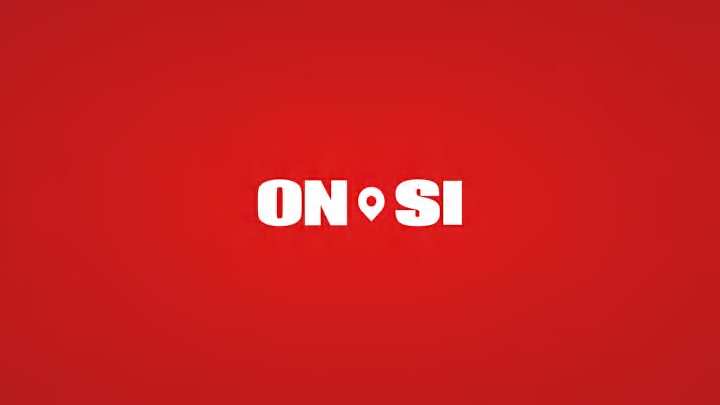MARCH SADNESS: A Few Shining Moments That Will Now Fade Away

There is a trivia question I like to pose to my friends who have sports as part of their DNA.
Tell me the day on the calendar every year when there is not a single event scheduled in the prime sports of basketball, baseball, football or hockey?
The answer: The two day period each July after the major league baseball All-Star game.
No baseball obviously.
Too early for football.
Basketball and hockey are done with their seasons.
There is no other time on the calendar when we are guaranteed total darkness in those four major sports.
That changed this week.
The ongoing issue of how the world--and the United States--deals with the ongoing issue of the Covid-19 virus infected the fabric of sports.
The scary part was that, like thunder clouds rolling across a gathering darkening sky, we could all see it coming.
Oh, there had been various warnings--cancellations and postponements and even more drastic chatter of limiting public access to events, but the underlying theme was that the "show would somehow go on.''
Too big, too much money involved, too many people who depended on sports of some kind not only as a livelihood, but as entertainment.
But this was bigger than all of that.
It wasn't.
The Ivy League recognized it first by cancelling it's men's and women's basketball tournament.
That was still the Ivy League, different than many of its college brethren.
But then it got personal, when an NBA player was identified as one of the thousands of people who had tested positive for the coronavirus.
Game changer.
The NBA reacted swiftly.
Immediate shutdown of the sport--in the middle of a game.
The storm began.
Thunder, lightning, darkness and then silence.
Acrosss the board.
Basketball, baseball, soccer, golf.
Sport after sport.
Colleges and Universities shut down-for the semester.
But this was March. March Madness, the NCAA tournament, an event which generated 85 percent of the NCAA's multi-billion dollar budget.
That was too big to be shutdown.
Wrong again.
It started with the cancellations of various conference tournaments--again in some instances during actual games.
Infectious?
It was indeed Pandemic.
Baseball--no more spring training, a two week delay to the start of the regular season.
Broadway? The lights dimmed until April.
Golf stubbornly held off for a few hours. Officials at The Players Championship compromised, saying the tournaments would continue--without fans.
On Friday morning, that barrier was washed away when the tournament was officially cancelled.
A few hours later, The Masters, scheduled for mid-April, was postponed.
When the NCAA called off March Madness, it went a step further and cancelled all athletic events for the winter and spring semesters, which means that the college baseball world series in June has been cancelled.
And so we now have silence and a list of unintended consequences that stretches beyond the horizon.
Foremost, is the NCAA tournament, which was a showcase for memorable moments of the "thrill of victory'' and "the agony of defeat'' each year.
Cinderella teams, such as Belmont, a surprise at-large guest in last year's tournament, were fitted for new footwear, no longer can emerge.
This wild, wacky college basketball season had produced so many surprises.
There was the rise of Dayton as a serious contender for national honors.
There were new stories such as the New England tale of two brothers--James Jones of Yale and Joe Jones of Boston University invited to the dance at the same time for the first time.
Now they will have no conclusion.
We will adjust to all of this of course.
The games will eventually resume, the arguments will resume about who is better and who deserves recognition.
But not right now.
And, that is the scary and unsettling aspect of a world in which there is now one less avenue of escape from reality.
